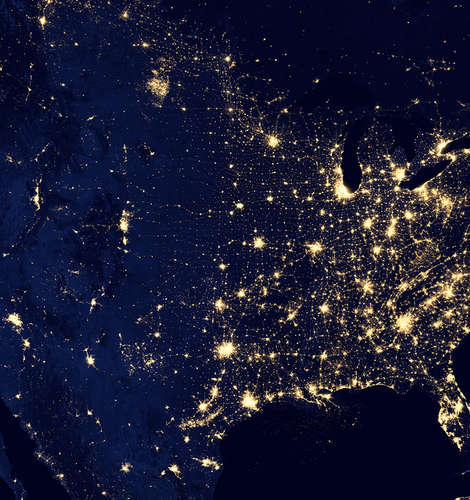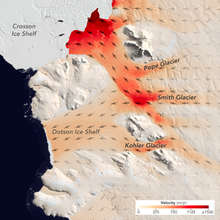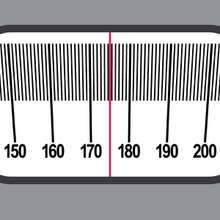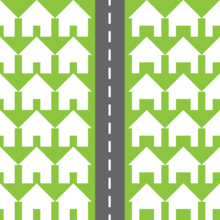As aging power grids in North America become stressed due to increased demand for energy, the risk of outages also increases. Information about how power outages may affect human health, especially in large cities, is essential for public health and for emergency response.
A recent study examined the effects on mortality of the the largest blackout in US history, the August 14-15, 2003 blackout in New York City. Using mortality data for New York City collected from 1987 to 2005, the investigation estimated how many deaths were expected to have occurred during these 2 days if the blackout had not occurred.
This estimate took into account factors which ordinarily can have some effect on mortality in the summer, including air pollution, temperature and humidity during the blackout days. Comparing this estimate with the actual number of deaths reported during the blackout, the researchers concluded that there were 90 more deaths (28% more) than would have been expected if there had not been a blackout.
Accidental deaths showed the highest increase in terms of percentage, but in absolute numbers, non-accidental deaths were the main cause of mortality. While all age groups experienced increased mortality during the blackout, those in the 64-75 years age group showed the highest increase.
The excess mortality during the outage can be ascribed to various stressful conditions, some of which include: many people spent long periods trapped in elevators or subways, people in skyscrapers were forced to use stairways, lack of cell phones made it difficult to summon ambulances for medical emergencies, 4 of the city's 75 hospitals had only partial power, and there was no power for certain medical equipment being used at home.
The study concludes that previous estimates of health effects caused by blackouts have been underestimated.





